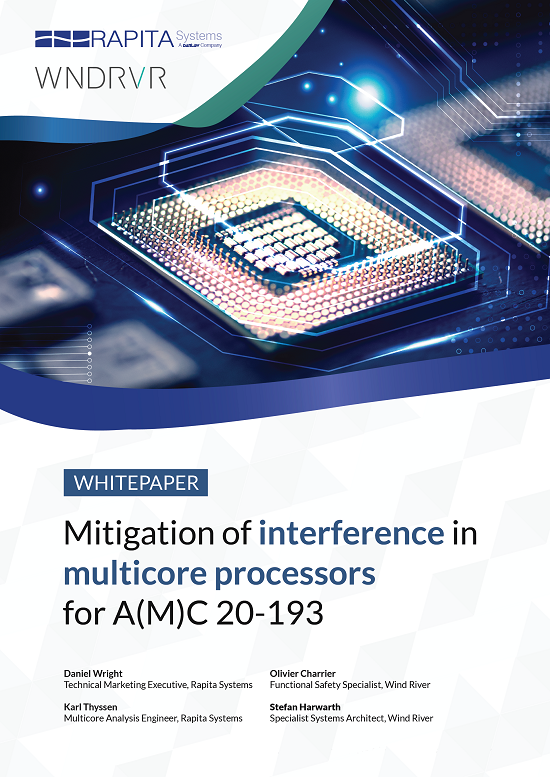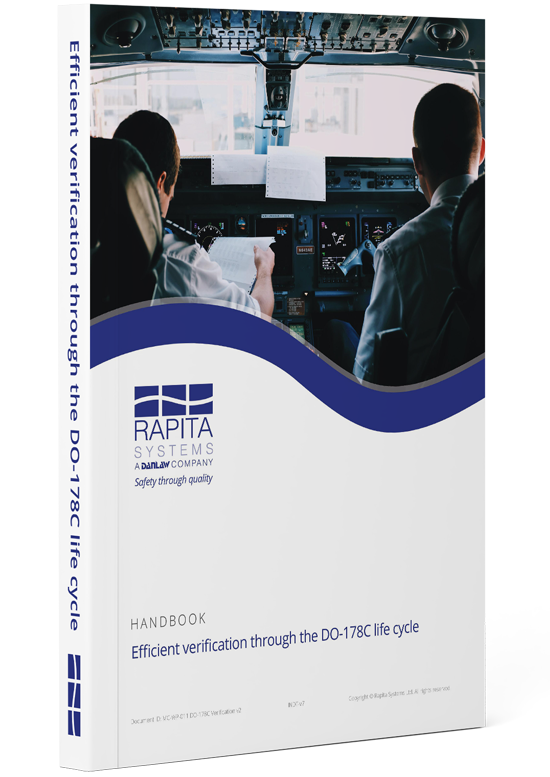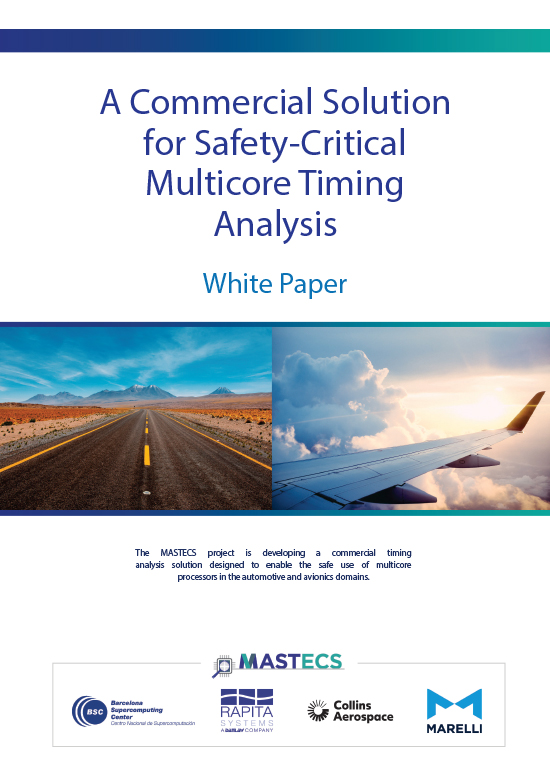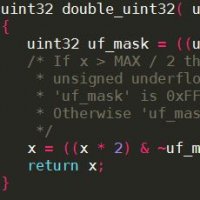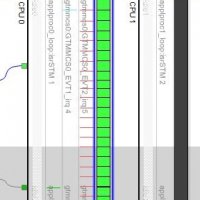This week our series of blog posts on optimizing embedded software with the aim of improving (i.e. reducing) worst-case execution times takes an in-depth look at loops inside functions/inlining.
Software optimization techniques which improve worst-case execution times #4: Loops Inside Functions / Inlining
It is common to find worst-case hotspots that consist of a loop that iterates a large number of times with calls to one or more simple functions within the loop. Here the overhead of making the function call, comprising instructions to save and restore registers and jump to the called function, may make a significant contribution to the overall execution time.
In this case, it is often worthwhile restructuring the code, moving the loop inside the function, or moving the code for the sub-function up into the calling function (in-lining). This reduces the number of function calls saving the function call overhead.
Example: Function in-lining
void
swap(Uint32 *a, Uint32 k, Uint32 j)
{
Uint32 tmp;
tmp = a[k];
a[k] = a[j];
a[j] = tmp;
}
void
ripple_swap(Uint32 *a, Uint32 length)
{
Uint32 i,j,k;
for(i=length - 1; i>0; i--)
{
for(j=0; j<i; j++)
{
k = j+1;
if(a[j] > a[k])
{
swap(a, k, j);
}
}
}
}
In the alternative ripple sort example above, the nested for loops sort the contents of the array a[] into order, smallest value first. If two elements of the array are out of order, then the function swap() is called to exchange the two values. In the worst-case, swap() is called n(n+1)/2 times to sort an array of n values.
The more efficient implementation method is to simply in-line the code for the swap() function. The worst-case execution times of the two different implementations were as follows:
| Function | WCET (clock ticks) | |
| MPC555 | HC12 | |
| ripple_swap | 1717 | 9678 |
| ripple32 | 1050 | 7775 |
| Reduction in WCET | 38.8% | 19.6% |
Note, these figures assume a maximum array length of 10.
Alternatively, the function call overhead could be removed using an inline directive to instruct the compiler to inline the code for swap(). (Note with the –O2 option used for compilation on the MPC555, the compiler does not automatically perform function in-lining).

 RVS 3.24 accelerates multicore software verification
RVS 3.24 accelerates multicore software verification
 Rapita Systems and Avionyx Announce Strategic Partnership to Offer Best-in-class Avionics Solutions
Rapita Systems and Avionyx Announce Strategic Partnership to Offer Best-in-class Avionics Solutions
 Rapita System Announces New Distribution Partnership with COONTEC
Rapita System Announces New Distribution Partnership with COONTEC
 RVS gets a new timing analysis engine
RVS gets a new timing analysis engine
 How to measure stack usage through stack painting with RapiTest
How to measure stack usage through stack painting with RapiTest
 What does AMACC Rev B mean for multicore certification?
What does AMACC Rev B mean for multicore certification?
 How emulation can reduce avionics verification costs: Sim68020
How emulation can reduce avionics verification costs: Sim68020
 How to achieve multicore DO-178C certification with Rapita Systems
How to achieve multicore DO-178C certification with Rapita Systems
 How to achieve DO-178C certification with Rapita Systems
How to achieve DO-178C certification with Rapita Systems
 Certifying Unmanned Aircraft Systems
Certifying Unmanned Aircraft Systems
 DO-278A Guidance: Introduction to RTCA DO-278 approval
DO-278A Guidance: Introduction to RTCA DO-278 approval
 Embedded World 2026
Embedded World 2026
 Test what you fly - Real code, Real Conditions Webinar
Test what you fly - Real code, Real Conditions Webinar
 Avionics Certification Q&A: CERT TALK
Avionics Certification Q&A: CERT TALK
 XPONENTIAL 2026
XPONENTIAL 2026











